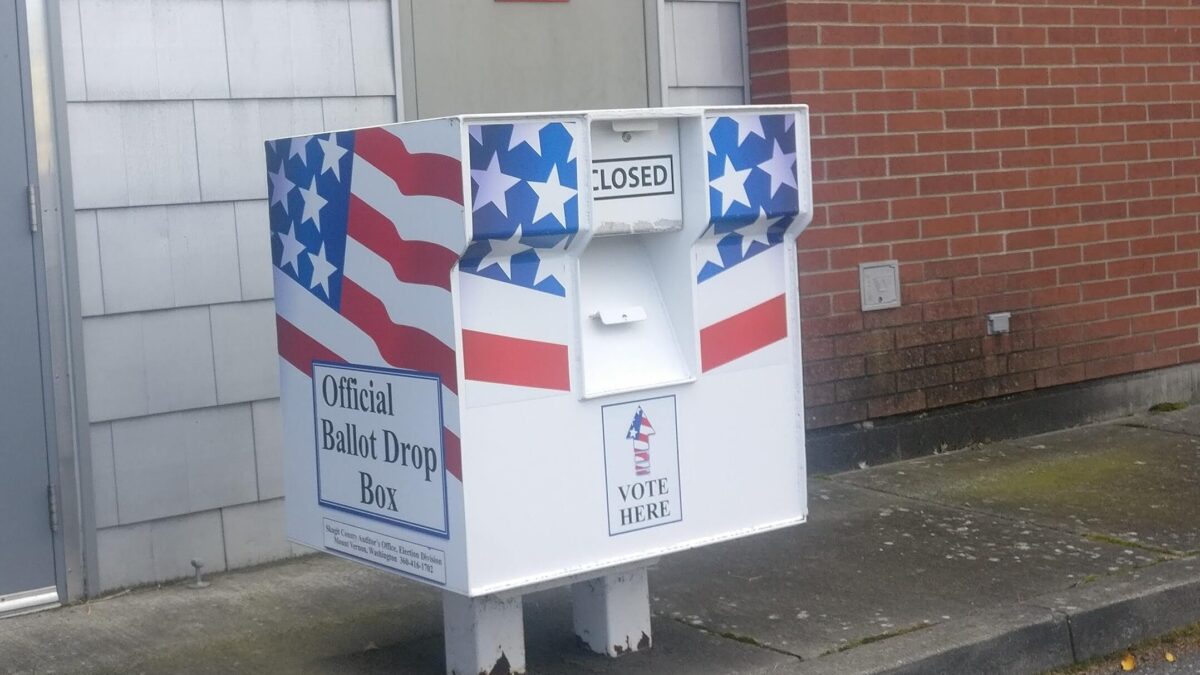
Since 2000, the number of able-bodied adults using Medicaid quadrupled nationwide. The program is one of the chief costs for state governments, squeezing other priorities.
When last summer Arkansas became the first state to require Medicaid recipients to work in exchange for taxpayer-provided health care, welfare advocates would have had you believing the world was ending: health coverage for the needy was being slashed, the reporting process was too complex, and those who lost coverage didn’t even know about the requirement. On and on the hysteria went.
But those apoplectic claims were far from reality. Arkansas’ work requirement was a big step towards restoring the state Medicaid program to its objective. It was saving taxpayers money, freeing up resources for the truly needy, and—notably—changing people’s lives for the better.
What critics of the requirement neglected to disclose were the thousands of people who found work as a result of the reform—some for the first time in years. These folks went from a life of government dependency to a life of independence, an undeniably better future for both themselves and their families. These are real people, with real stories, reported by the Arkansas Department of Workforce Services in late 2018.
Consider Jeff, who was unemployed for more than nine months when he found he was subject to the Medicaid work requirement. He worked with his local workforce center to look for a job, immediately matching with employers in the area.
Now Jeff makes more than $17 an hour in an industry where he’ll likely grow, further increasing his income. That’s the power of work.
Take it from Jeff himself: “I now work with a great company—in a job that I actually would not have gotten without the help from Department of Workforce Services. They have given me an opportunity to provide a better life for my family and I can’t and won’t be able to thank them enough.”
Then there’s Julia, who decided to use education to fulfill the work requirement. She enrolled at North Arkansas College and now attends class four days a week, working once a week as a certified nursing assistant at a local long-term care facility.
Without the work requirement, Julia wouldn’t have had the opportunity—or the push—to take the next step in her career, changing her life through education and work. Her story also serves as a reminder that those subject to the requirement had more than 12 different ways to meet it, a fact critics ignored time and time again.
Here’s the truth: Jeff and Julia’s stories aren’t anomalies. After the requirement went into action, more than 9,200 expansion adults found jobs.
Only a small fraction of case closures were the result of non-compliance. Instead, more than 14,000 individuals left the program due to increased incomes. The work requirement empowered them to move from government dependency to financial independence.
There’s a reason Arkansans—and the majority of Americans—support Medicaid work requirements. Simply put, they work. Arkansans have seen the effects first-hand. They don’t need liberal judges and outsiders telling them otherwise: they’ve seen the proof.
By the end of 2018, Arkansans were on track to save at least $300 million per year because of the decline in enrollment. This was welcome news, given that Arkansas’ Medicaid budget has increased by nearly 60 percent since 2013 and is now more than double the state’s entire education budget. The work requirement put the state on a path towards a more sustainable program. Had the work requirement remained intact, there’s no doubt that the savings would have continued.
Unfortunately, a court halted the life-changing success of the Medicaid work requirement, thwarting budget savings and leaving thousands of Arkansans without the opportunity to lift themselves from welfare. More than 4,000 able-bodied adults immediately returned to the program once the work requirement was paused.
But Arkansans should take hope. The state has committed to fighting for work requirements, and the Trump administration has appealed the ruling. That’s great news for Arkansans—and Americans everywhere: they’ll soon be empowered to change their lives once again.









